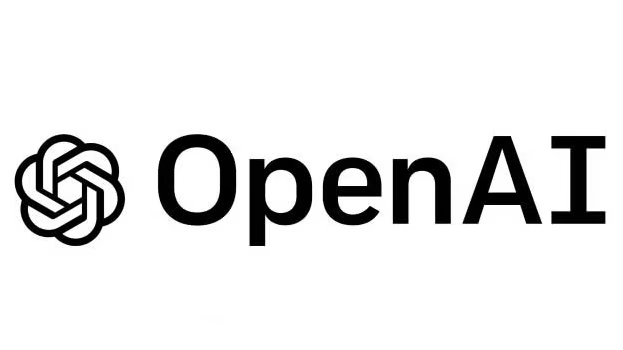Microsoft’s ongoing rollout of Windows 11 version 24H2, the operating system’s major annual feature update, has encountered another compatibility hurdle, this time involving conflicts with specific third-party security software. Reports have surfaced, acknowledged indirectly by Microsoft through updated support documentation and partner communications, indicating that systems running certain versions of security solutions, including SenseShield Endpoint Security, may experience instability, performance degradation, or failure to boot after installing the 24H2 update. This marks another instance where the intricate interplay between the operating system and the vast ecosystem of third-party software presents challenges during major updates.
The issue appears to stem from changes deep within the Windows kernel or core system components introduced in version 24H2. These modifications, likely intended to enhance security, performance, or support new hardware, can inadvertently clash with the low-level system access often required by endpoint security products for monitoring system activity, detecting threats, and enforcing security policies. Software like SenseShield often installs system drivers and hooks into critical OS processes, making it particularly sensitive to underlying architectural changes in Windows.
Users affected by the incompatibility have reported a range of problems, from Blue Screen of Death (BSOD) errors during or after the update process to significant system slowdowns rendering the PC unusable. In some cases, the conflict prevents the system from completing the boot sequence altogether, necessitating system restore procedures or manual intervention to roll back the update or temporarily disable the conflicting security software – a measure that carries its own security risks. The problem highlights the critical need for extensive compatibility testing by both Microsoft and third-party software vendors before widespread deployment of major OS updates, especially in enterprise environments where stability is paramount.
Microsoft has reportedly placed a temporary compatibility hold, known as a safeguard hold, on devices identified as running the problematic software versions, preventing them from automatically receiving the Windows 11 24H2 update via Windows Update until a resolution is available. The company is said to be working closely with affected security vendors, including the makers of SenseShield, to diagnose the root cause and develop patches or updates for either Windows or the third-party software to ensure compatibility. A timeline for a permanent fix has not yet been officially announced, but mitigation guidance, often involving updating the security software to a newer, compatible version before attempting the Windows upgrade, is typically provided.
This incident follows other compatibility issues reported during the phased rollout of 24H2, underscoring the complexity of updating an operating system used on billions of diverse hardware and software configurations worldwide. While Microsoft invests heavily in its Windows Insider Program for pre-release testing, edge cases and conflicts with specific software combinations can still emerge during broader deployment. For users and IT administrators, it serves as a reminder to approach major OS updates with caution, ensuring backups are current and checking for known compatibility issues with critical applications, particularly security software, before proceeding with installation. The goal remains a seamless update experience, but the reality often involves navigating these occasional compatibility bumps.
Source: The Register

